Snack time isn't just for kiddos: it can satiate hunger between meals [1] and prevent overeating. Not only can snacking help you lose weight, but it can also fill nutrition holes in your diet. But if you snack the wrong way, eating in between meals could make you gain weight [2]. To make snacking work for instead of against you, avoid these seven mistakes.

Your Snack Is a Mini Meal
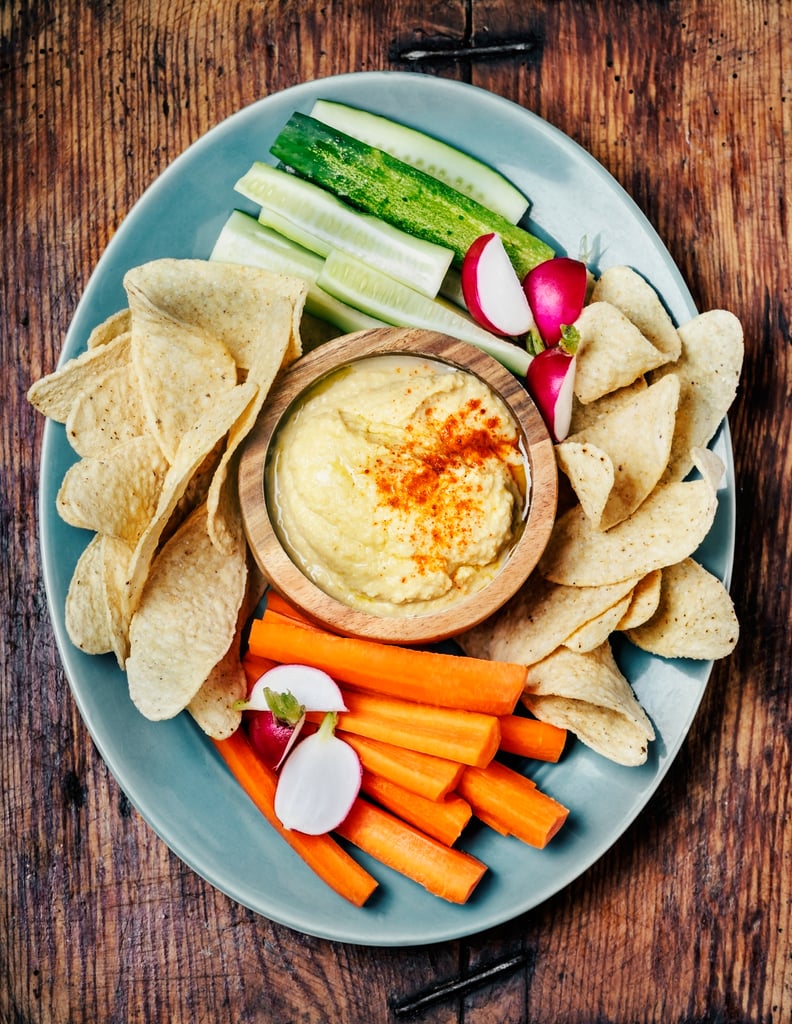
You sit down with a hummus platter and think you're eating just a snack. If you stopped to count calories, you'd realize your plate is actually more like 400 calories, rather than the recommended 150. Stick to small bites when it comes to snacks to not only prevent weight gain, but to save your appetite for mealtimes. Here are some ideas for 150-calorie snacks [4].
You Drink Your Snack

Smoothies make excellent snacks, especially when adding veggies into the mix. The problem is, all those other healthy ingredients like fruit, protein powder, and nuts really start to add up, and it's easy to gulp down hundreds of calories in just a few minutes. When it comes to snacking on smoothies, pour yourself a small glass to ensure you stay around 150 calories. Or make this low-cal chocolate smoothie [5].
It's Loaded With Sugar and Refined Carbs
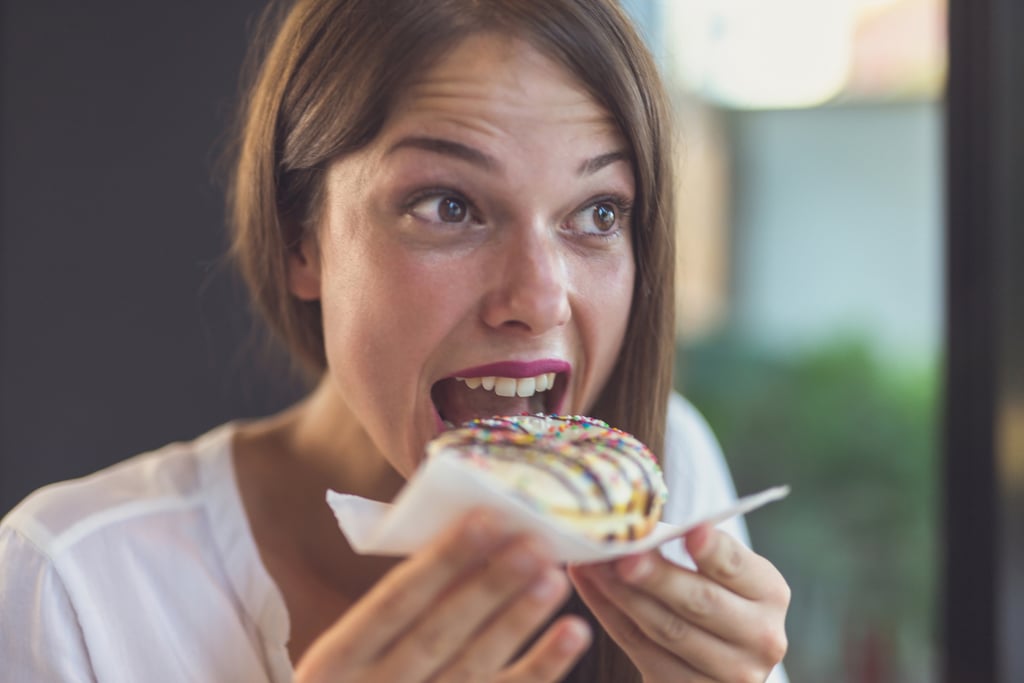
Sugar and refined carbs spike insulin levels, and when insulin levels are high, your body can't tap into its stored fat [6]. Eating sugar and white flour also doesn't offer your body any nutrition — it's essentially just empty calories. It will leave your body craving more food, which actually increases hunger, making you eat more. By including protein, fiber, and healthy fats into your snack, you'll satiate your hunger. Try these protein-packed snack ideas [7].
You Overdo It on Healthy Foods
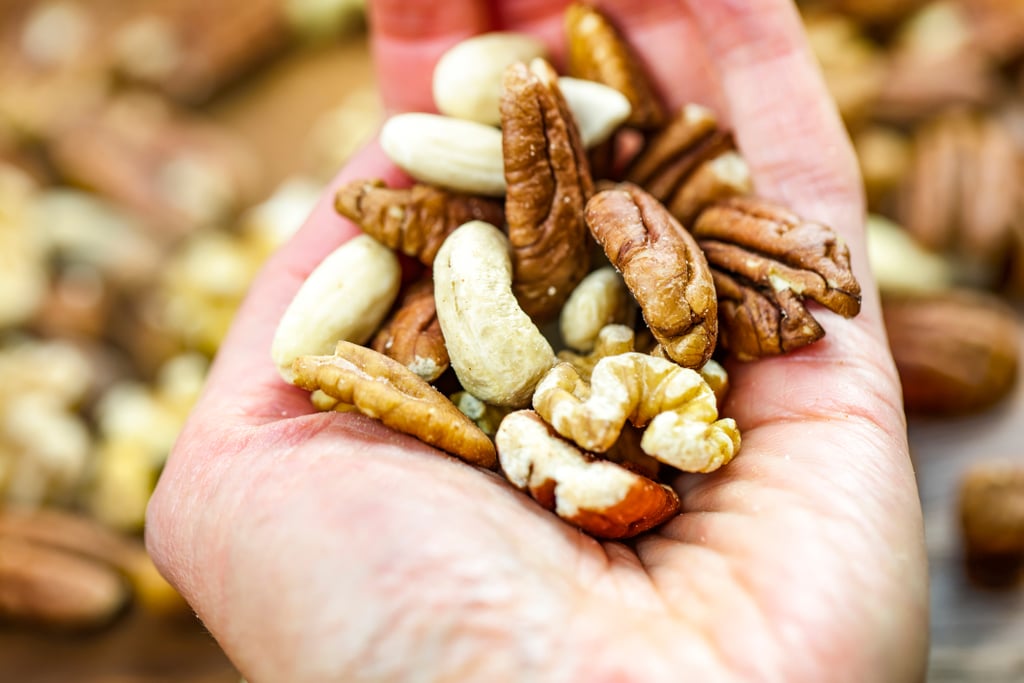
Sure, a handful of nuts offers protein and healthy fats, but just because a food is good for you doesn't mean you can eat all you want. It's easy to grab handful after handful and end up consuming 300 or more calories. Keep portion sizes in mind [8] even on nutritious foods, especially those that are high in calories like nuts, avocados, dried fruit, and healthy baked goods.
You Wait Until You're Famished
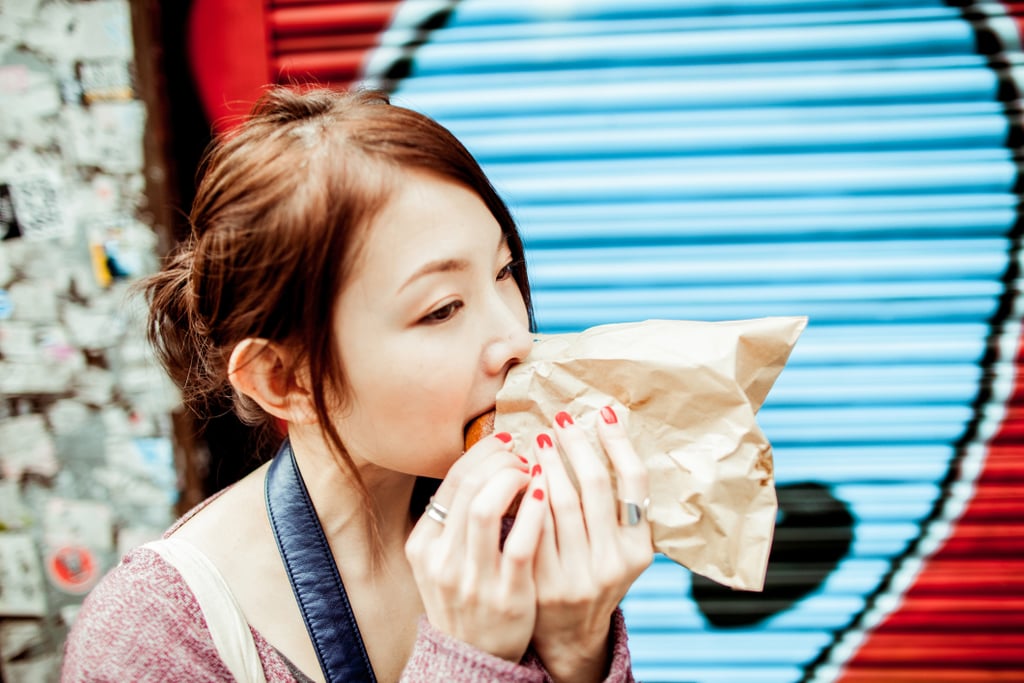
Snacks are meant to satiate your hunger between meals or to give you a boost of energy before or after a workout. If you wait too long to enjoy your snack, you'll be so famished that you either grab the quickest (and most likely unhealthy) food you see, or you eat so fast that you reach for more food after your snack is gone. Avoid this problem by scheduling regular snack times (yep, just like a preschooler). Try these low-cal snack recipes [9].
You Worked Out and Think You Deserve It

Refueling with some protein and carbs [10] is essential after a strenuous workout, but having the mentality that you worked out so you deserve a huge treat can backfire. If your workout burned 300 calories and you go out for a 500-calorie ice cream cone, you can see why eating a post-workout snack can cause weight gain. When you're craving something sweet, try these 150-calorie sweet snack ideas [11].
Your Snack Is Dry
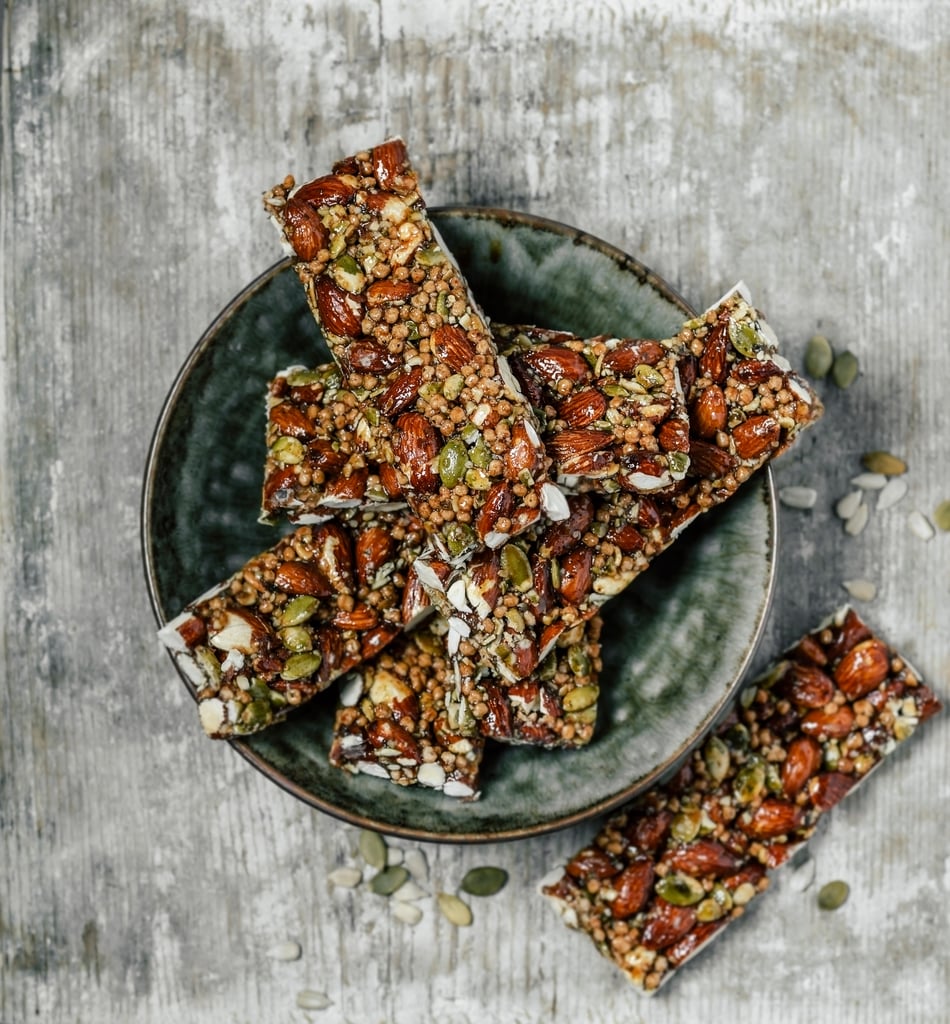
Crackers, granola bars, toast, mini bran muffins — these are all healthy snacks, but they're dry. Foods rich in water tend to pack fewer calories [12] into larger servings, meaning you can munch away on slices of bell peppers or apples, baby carrots, or diced melon, and feel full without consuming tons of calories. Another bonus is that these wet snacks keep you feeling full longer, and keep you hydrated, which is good for your skin, your sinuses, and your regularity.